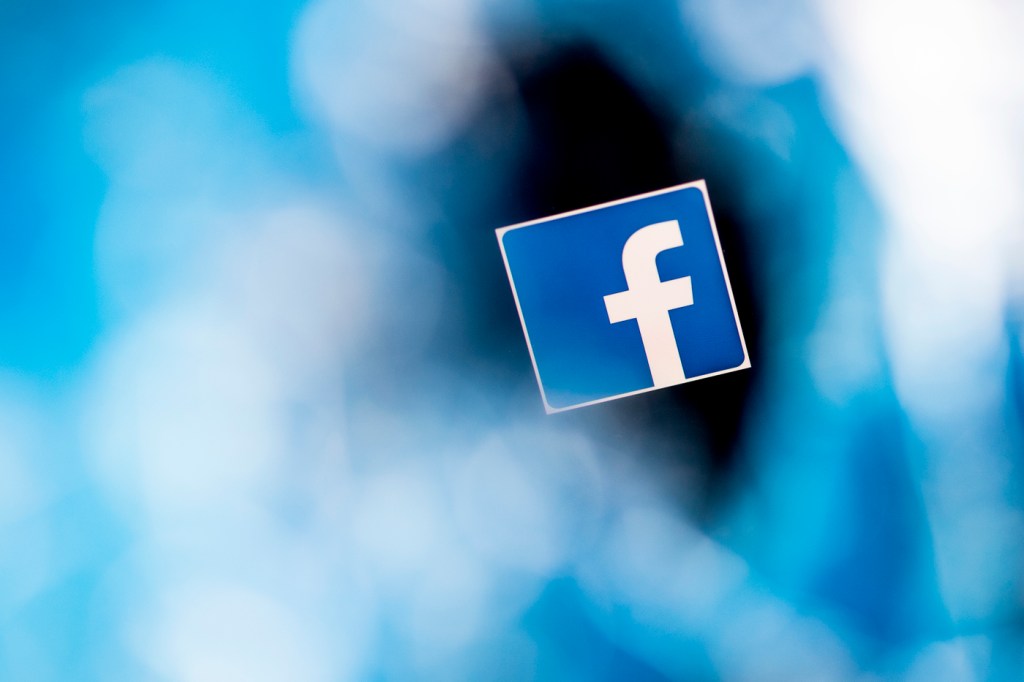Can social media and journalism form a global partnership?

Social media companies bring large audiences to stories reported by the news media, and turn profits from selling ads around those stories. Are these platforms offering a constructive future for the news media? Or are Google, Facebook, and other online giants causing damage to traditional journalism?
The issue is playing out in Australia, where a proposed law—the News Media Bargaining Code—demands that social media companies negotiate payments for the news they use.
Facebook responded to the proposal on Feb. 17 by cutting off all news access to and from Australia. Not only was news produced in Australia no longer available on the platform, but Facebook users in Australia were prevented from seeing news created by any source.

Left, Stephen Dnes, a lecturer in law at New College of the Humanities at Northeastern in London. Courtesy photo. Right, John Wihbey, an assistant professor of journalism and media innovation at Northeastern. Photo by Matthew Modoono/Northeastern University
That changed Wednesday, when Facebook agreed to negotiate with Australian news companies for the use of their stories, while committing to invest at least $1 billion in the news industry over the next three years.
The standoff with Facebook is the latest—and possibly the most meaningful—phase of a platforms-vs.-publishers conflict that is now in its second decade, says John Wihbey, an assistant professor of journalism and media innovation at Northeastern.
“For the most part, the platforms have been winning that debate, but the pendulum may be starting to shift,” says Wihbey, who has served as an adviser to Twitter and is co-leading a project on social media content moderation through Northeastern’s Ethics Institute that has support from Facebook. “Facebook sees this as a potential domino effect—if Australia succeeds in enforcing this bill, it’s very likely that 180 other countries will try to do the same. It’s a lot of money on the line.”
The social media giants appear to be trying to outflank each other. Soon after Microsoft publicly backed the Australian law, Google reached agreements with a variety of Australian news organizations to use their content, including a three-year contract with News Corp., owned by Rupert Murdoch.
This is a conflict over control of the advertising markets, notes Wihbey.
“How do you do the payments? How are you pricing the traffic?” asks Stephen Dnes, an assistant professor in law at New College of the Humanities at Northeastern in London. “You’ve got some big press figures in the background—so this is like Google versus Murdoch. It’s not really fine principles of law; it’s very political.”
Wihbey wishes that stakeholders could look inside the social media algorithms to gauge the levels of attention generated by news content, so that licensing payments could be based on a universal metric. But that level of transparency is unlikely to happen without government oversight.
Such regulation may be coming in the United States, where misinformation campaigns fueled by social media companies contributed to the Jan. 6 attack on the U.S. Capitol.
But there are many aspects to the platforms-vs.-publishers debate, notes Wihbey. One key question is whether social media companies should be held accountable, ethically and legally, for the media content that they host and boost through their algorithms. Another issue is whether negotiated alliances between platforms and publishers could rescue news companies that have been foundering in the digital era. Should social media be viewed as an ultimate delivery system for news?
Apple was accused of gouging hundreds of magazines and newspapers (as well as app developers) by keeping 30 percent of first-year subscriptions sold through its App Store; Apple responded to the criticism in November by reducing its cut to 15 percent.
“You could make the argument that the news is just evolving,” says Dnes, who has served as an adviser to affected advertising technology and content publishing businesses. “It’s becoming much more decentralized.”
The music industry went through a similar change: Music that was sold to users (as vinyl albums and compact discs) is now being digitized and rented via subscription services from Spotify, Apple Music, and other services.
“I think that’s a strong parallel,” Dnes says. “You’ve definitely got quite a significant innovation coming through in the way that people consume their news. It’s very clearly the case that the old business model of literally buying a newspaper pre-internet is largely gone.”
Wihbey believes the Australian negotiations amount to the first step in grappling with a newly urgent global issue—the need for shared facts and investigative oversight—that is crucial to free societies.
“I’m not sure that the proposed solution in Australia is the right one,” Wihbey says. “But I think it starts a conversation that really needs to be had.”
For media inquiries, please contact Jessica Hair at j.hair@northeastern.edu or 617-373-5718.






